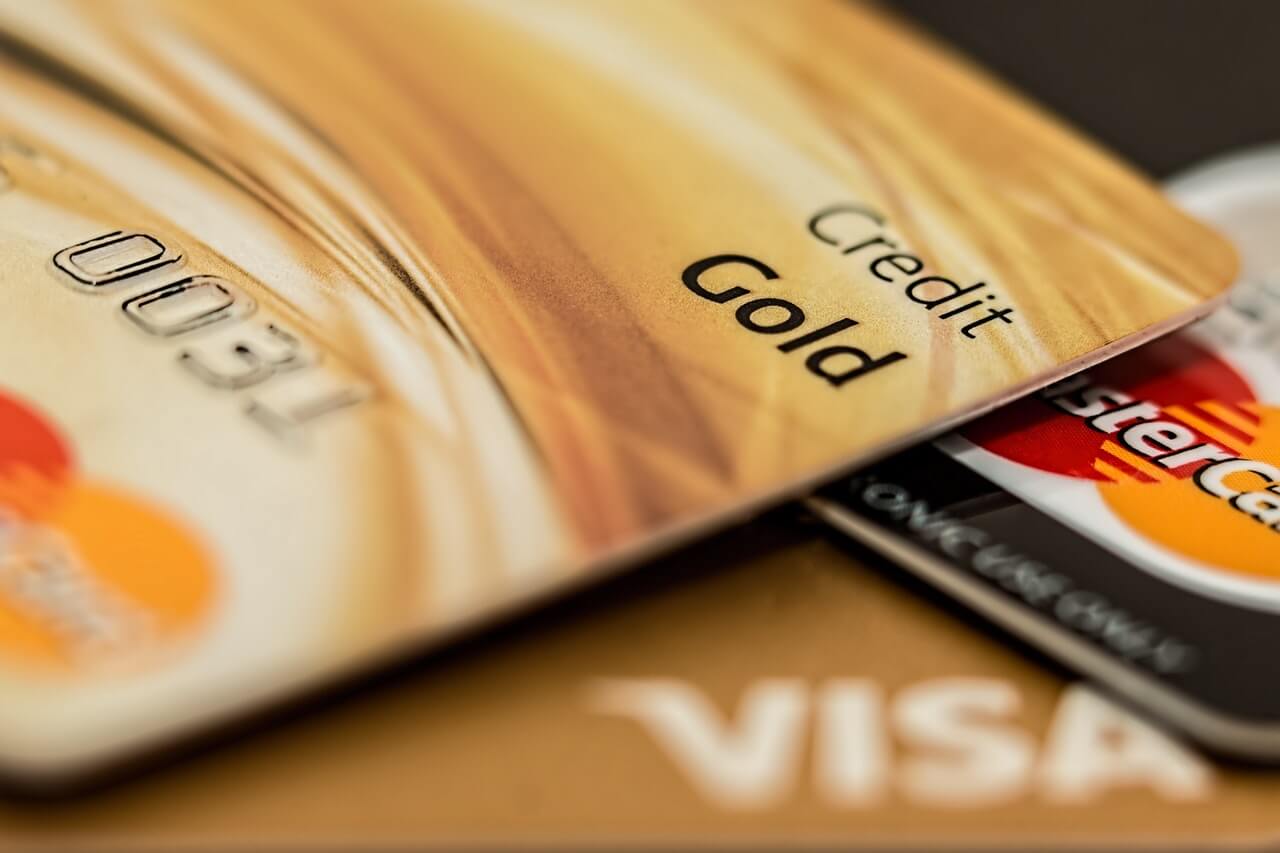Last Updated on May 17th, 2023 at 02:30 pm
What is a Credit Union?
A credit union is a member-owned, non-profit financial institution. It is created and operated by members and thus profits are shared amongst the owners. For this reason, credit unions often offer better rates, both regarding loans, savings and fees. In the United States, there are approximately 5,757 credit unions with 104 million members which makes up around 45.4 percent of the economically active population.
How is a Credit Union Different from a Bank?
The main difference between banks and credit unions is that credit unions are non-profit institutions. Banks, on the other hand, are for-profit which means that they are either publicly traded or privately owned.
When you open an account with a bank, you become a customer. In banks, their mission is to serve the shareholder rather than their customers. This means that banks, in comparison to credit unions, offer lower interest rates on savings and higher interest rates on loans.
Credit unions are member-owned and non-profit. When depositing money into a credit union account, rather than becoming just a customer, you are also becoming an owner. All of the money that is deposited in the credit union accounts is used to make loans to other credit union members, at better rates.
The main goal of a credit union is to serve their members. This means that rather than making profit, any money is used to help credit union members. Often, this is in the form of lower interest rates on loan products, better rates on saving products and through lower fees.

The main difference between a credit union and a bank is that a credit union is not for profit, and you become an owner, not a customer
How Does a Credit Union Work?
When becoming a member of a credit union, customers create a communal pool of money which is then used to fund loans of other members. Any interest charged on loans is used to create an income for the credit union and put money back in the pool. Additionally, any savings not lent out to members can be used to provide further income to the credit union.
From this communal pool, the credit union is able to pay for all operational expenses as well as funding the dividend paid on members’ shares. Depending on the amount of money that the union has, they can adjust the services they are able to offer to their clients.
How Do I Become Part of a Credit Union?
Credit unions have particular prerequisites that you must meet in order to become a member. Typically, this is sharing a common theme such as working for a certain employer, being part of a particularly group (such as a labor union), live in a certain location or have a family member who is an existing credit union member.
In some cases, you might be able to join the credit union despite not meeting the membership requirements. This would usually incur a small fee. For example, one can become a member of the PenFed Credit Union, by joining the National Military Family Association or the Voices for America’s troops, both of which charge a one-off nonrefundable payment of $17.
What are the Benefits of a Credit Union?
One of the clear advantages offered by a credit union is the low fees. Unlike banks, transaction fees are not incurred to the same extent with a credit union because there are no shareholders looking to make a profit. Although they still charge fees, they do not typically have as many types of fees, nor are they as high as traditional banks.
Many enjoy the more personalized experience enjoyed with credit unions. Because any decisions are made by the other owners, you have direct access and influence to the people who are making decisions about your financial transactions. With banks, there is separation between the customer and those who influence any decisions made about their finances.
Credit unions tend to offer higher interest rates on both checking and savings accounts than traditional banks. Not only that, but they offer lower interest rates on loans, be it a mortgage, personal loan or payday loan. Credit unions make sure that you are only paying for the loan rather than putting money directly in the pockets of the shareholders.
What are the Disadvantages of a Credit Union?
The main disadvantage of a credit union is accessibility. In order to take out a loan or open an account, you must first become a member of a credit union. Due to their nature, this means meeting particularly eligibility requirements in order to become a member, which can often be quite specific. If you cannot meet the requirements, you are unable to join the credit union.
Additionally, credit unions are found in a limited number of locations. Typically, they are only found in the communities that are being served by the credit union. This can make it difficult if you need immediate attention or need to speak to someone face-to-face.
Many credit unions, due to their smaller size and budget, cannot offer the level of service offered by banks. This may be due to less staff, less advanced technology or lack of apps. Additionally, the variety of products and services offered by a credit union will typically be smaller than that of traditional banks.

